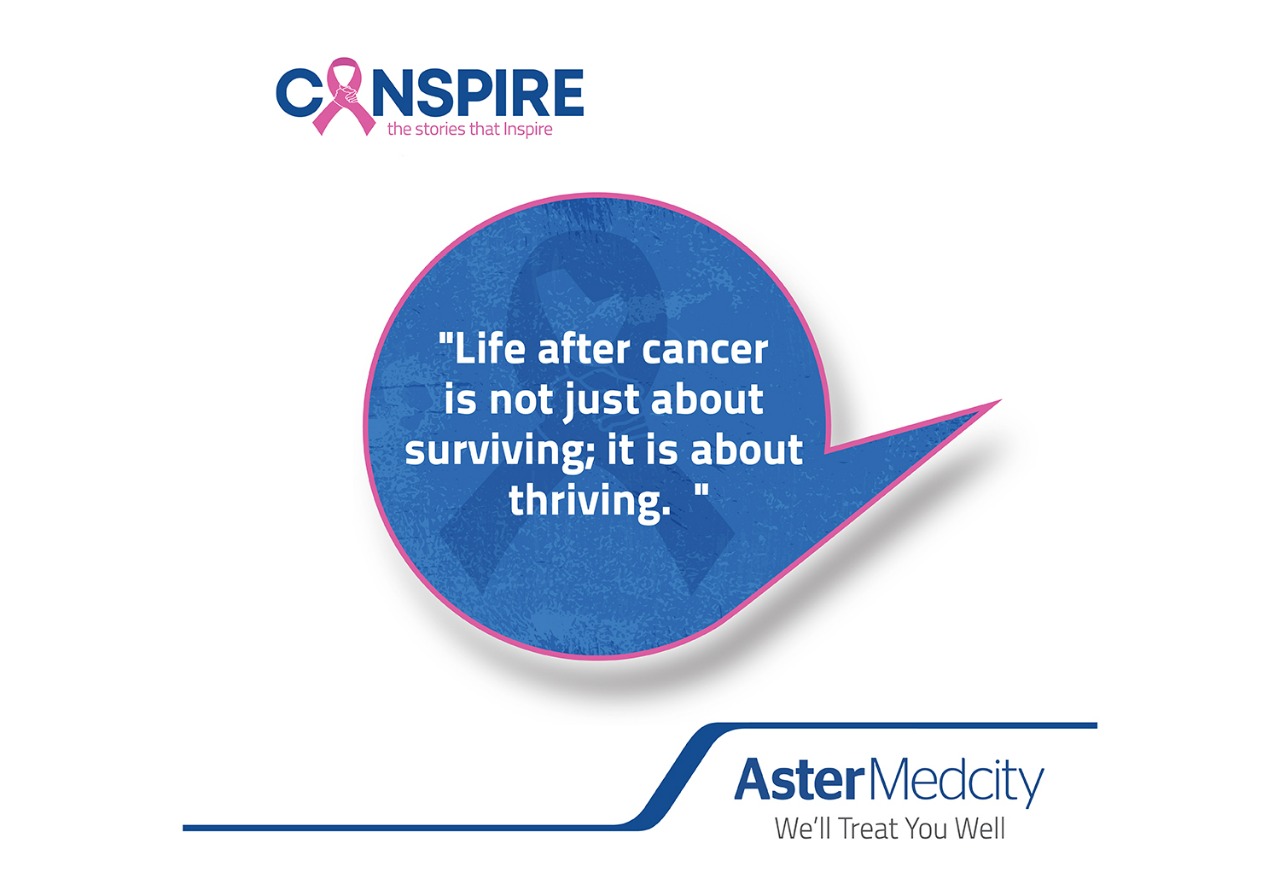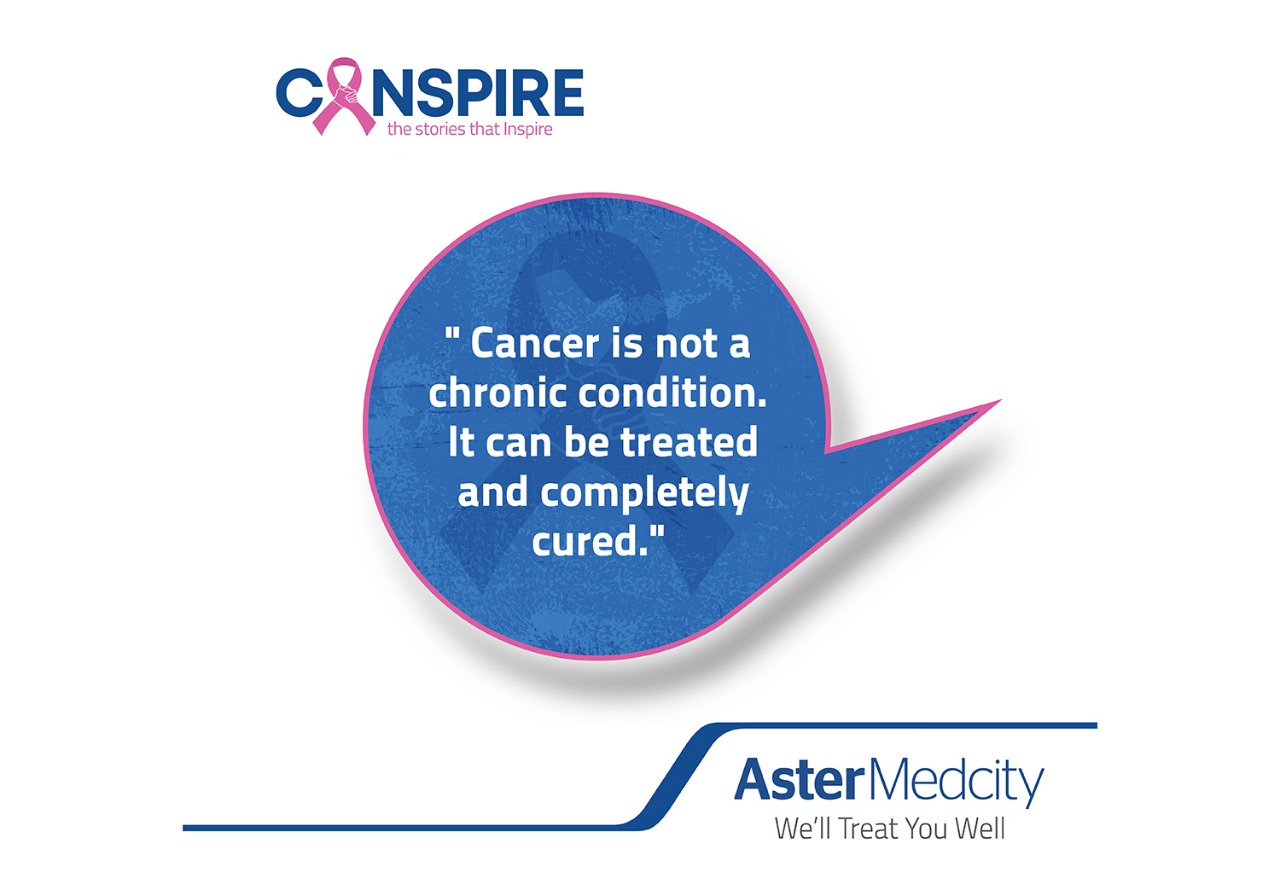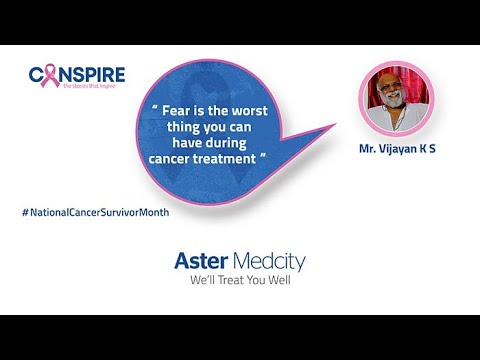The department of Radiation Oncology at the Centre of Excellence in Oncology is a highly advanced facility providing radiation therapy services for management of cancers. The core team, comprising Radiation Oncologists, Medical Physicists, Radiation Technologists and Oncology Nurses, with the help of high-end radiation therapy equipment, render personalised, optimum, evidence-based treatment, with minimal side effects. The department, which believes in educating the patient and their caregivers on radiotherapy, provide ample time for discussing various treatment options with the Consulting Doctor and also give them leaflets outlining the technical aspects of radiation. They are also shown a short film on radiation treatment delivery.
Equipped with state-of-the-art technical support to provide comprehensive radiation treatment services, the department has Varian “True Beam” machine for teletherapy (external) radiation treatment - a first of its kind in Kerala. The most advanced version of Varian’s Linear Accelerator series, its unique feature is the Flattening Filter Free (FFF) technology.
Advantages of True Beam
High precision treatment delivery
Treatment time reduced to 1/3rd of normal time
Enhanced patient comfort and compliance
Reduced side effect profile
Delivers high dose rates (1000 MU (6MV) 2400 MU (10 MV)
The Elekta machine for HDR -Brachytherapy (Internal radiation) has sophisticated applicators for various sites including head and neck, breast, cervix, endometrium and oesophagus. This machine ensures high-precision treatment, maximum comfort and minimal side effects.
Our Doctors
We have some of the best specialists from around the world, they bring years of experience and offer evidence-based treatment to ensure the best care for you.
Treatments & Procedures
We provide comprehensive treatment for all types diseases under one roof. Our highly experienced doctors supported by especially trained clinical staff, ensure the best care for you.
Advanced Technology & Facilities
Well equipped with the latest medical equipment, modern technology & infrastructure, Aster Hospital is one of the best hospitals in India.
Patient Stories
Our patients are our best advocates, hear the inspiring stories of their treatment journey
Blogs
The source of trustworthy health and medical information. Through this section, we provide research-based health information, and all that is happening in Aster Hospital.






















